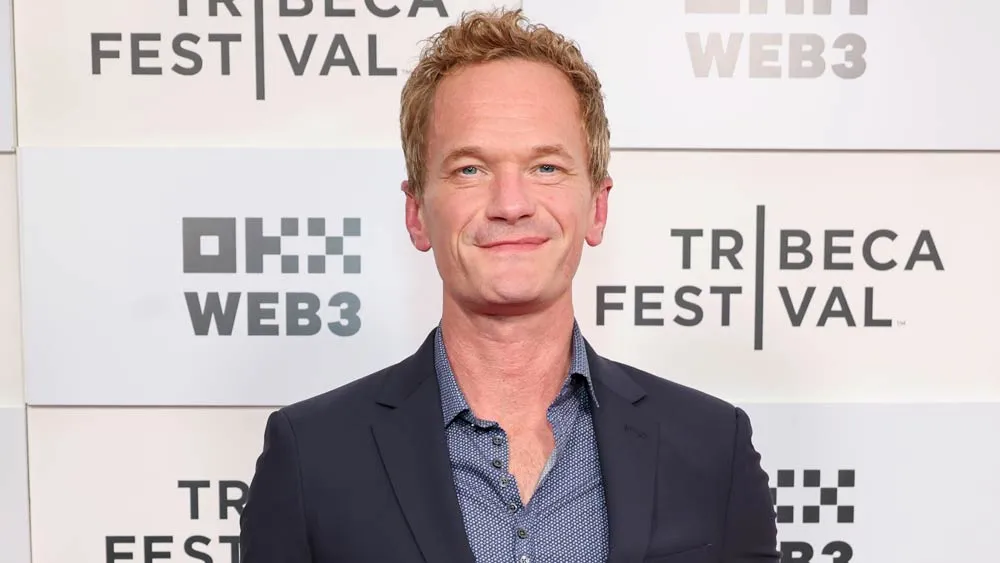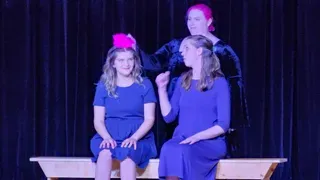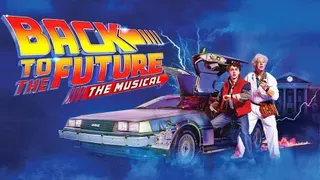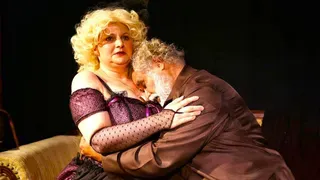November 12, 2014
I Must Say
Danielle Behrendt READ TIME: 3 MIN.
I had the privilege of seeing Martin Short interview Amy Poehler (ironically about her own memoir, "Yes Please," which also came out this fall), at BookCon this past May. Fortunately for all who read it, "I Must Say: My Life as a Humble Comedy Legend" is imbued with the same quick wit and ebullient, contagious energy that one feels when seeing Short perform live.
While the pages are still in the single digits, Short already begins to pepper "I Must Say" with comedy jargon and advice, a casual instruction that continues throughout the book. From the benefits of reappropriating the odd speech patterns of people one actually knows as the verbal tics of one's characters to the priority of commitment to a joke over its inherent hilarity in improv, to, most importantly, never looking Barbra Streisand in the eye, both Short's experiences and the voice with which he relays them create a well composed narrative that is quite difficult to put down.
The youngest of five children born over fourteen years, Martin was "the smallest even after [he] finished growing and also the most precocious." His father, Charles P. Short (or "Chuck, as we kids called him behind his back"), was "witheringly sarcastic," a trait so well-maintained in Short's memory that his own children, who never met the man outside of their father's stories and recordings of his infamous Christmas dinner in 1966, to this day call him out for replicating it.
One may assume that this inherited penchant for humor helped Short deal with the devastating loss of his older brother David in a car crash, his mother to breast cancer, and his father to ailments including renal failure and atherosclerosis all between the ages of twelve and twenty one. However, to hear Short tell it, this "three part family tragedy" neither hindered his professional passion for comedy nor inspired it. Though, privately, he says, "humor kept us sane," more than anything his grief taught him how to "impersonate [himself] acting like nothing was out of the ordinary" throughout those difficult years. "If I willed things to be normal," Short writes, "they would be." (One of my favorite anecdotes in "I Must Say" is how poorly this strategy works out when Short smokes too much of Gilda Radner's "grass" while waiting for Victor Garber to arrive at her apartment to watch her perform on SNL.)
Aside from so austerely and effectively detailing his staggering personal strength in the face of so much loss, "I Must Say" provides a plethora of personal advice and, intentionally or other, an extremely convincing amount of evidence to support just how much American comedy today owes its Canadian actors.
The end of this memoir is mostly devoted to the tear jerking final years of Short's loving and lovely wife Nancy, who passed in 2010. The late Nan, irrepressibly vivacious throughout her life, is memorialized in "The Great Remember," an instrumental song from the Shorts' good friend Steve Martin's 2011 banjo album "Rare Bird Alert." According to Martin's line notes, Nancy's "vitality and love of laughter made elegies easy but grief doubly hard."
I really enjoyed this memoir. What can I say? I was raised on Dan Aykroyd and Gilda Radner's humor as well as BBC's 1998 "Merlin" mini-series (in which Short portrays comic relief character "Frik"), and Short's many stories about professional acquaintances and personal friends--from George Harrison to Eugene Levy--are a fun and funny romp through comedy since the 1970s. I'd say more to convince you to read it too, but, as Irving Cohen would say, "Why gild da lily?"
"I Must Say: My Life as a Humble Comedy Legend"
Martin Short
HarperCollins
$26.99







